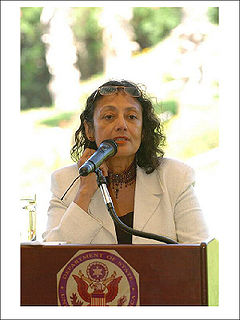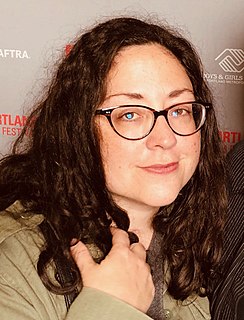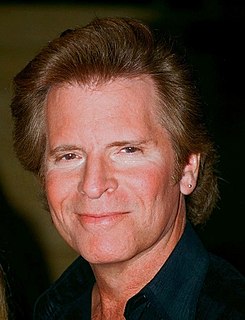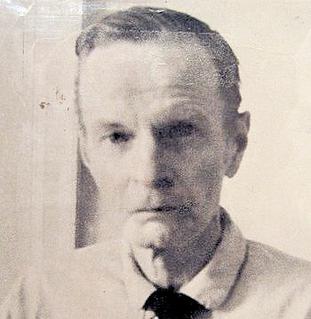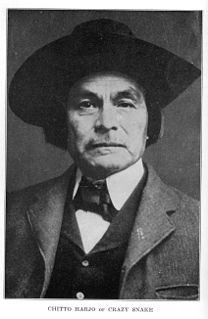A Quote by Bharati Mukherjee
My first novel, 'The Tiger's Daughter,' embodies the loneliness I felt but could not acknowledge, even to myself, as I negotiated the no man's land between the country of my past and the continent of my present.
Related Quotes
I've always believed that this blessed land was set apart in a special way, that some divine plan placed this great continent here between the oceans to be found by people from every corner of the Earth who had a special love for freedom and the courage to uproot themselves, leave homeland and friends, to come to a strange land. And coming here they created something new in all the history of mankind-a land where man is not beholden to government, government is beholden to man.
I'm just made differently. Man, I just love being an American, I love my country. But it happened to me during the Nixon time, especially pre-Watergate, that as I watched Nixon for the first time in my life I felt shame. I had to analyze myself. What is this emotion? I realized that my government was separate from my country. It was the first time I ever felt ashamed of the government, not the country.
Laziness acknowledges the relation of the present to the past but ignores its relation to the future; impatience acknowledge its relation to the future but ignores its relation to the past; neither the lazy nor the impatient man, that is, accepts the present instant in its full reality and so cannot love his neighbour completely.
I always wished I could go to confession. I was so full of things I couldn't name and had an instinct to hide. I felt burdened by the loneliness of my interior life. I wanted some container that I could empty myself into, some ear that would never be shocked, even if it offered me some kind of penance.
The past is of no importance. The present is of no importance. It is with the future that we have to deal. For the past is what man should not have been. The present is what man ought not to be. The future is what artists are.
The facts: nothing matters but the facts: worship of the facts leads to everything, to happiness first of all and then to wealth.
I turned away from him and went on my way, up the street and about my business. The past was dead. The future was resignation, fatality, and could only end one way now. The present was numbness, that could feel nothing. Like Novocaine needled into your heart. What was there in all the dimensions of time for me? ("Life Is Weird Sometimes" first chapter of unpublished novel THE LOSER)
Away back in that time-in 1492 - there was a man by the name of Columbus came from across the great ocean, and he discovered the country for the white man. . . . What did he find when he first arrived here? Did he find a white man standing on the continent then? . . . I stood here first, and Columbus first discovered me.
